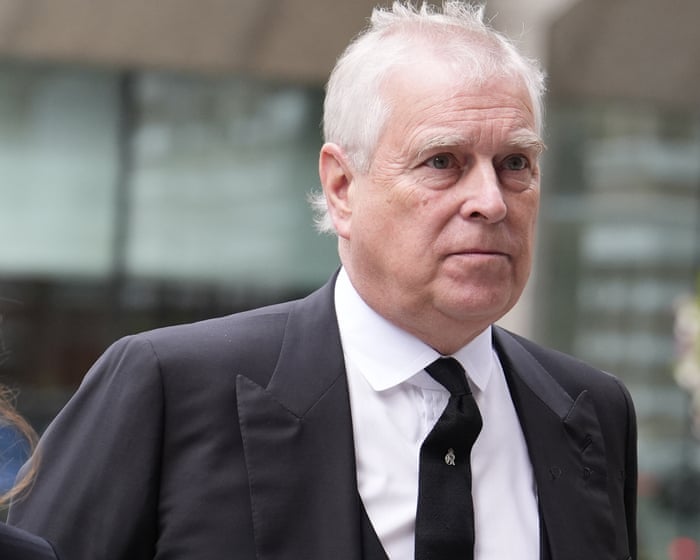This week, four people were killed in a Manhattan office building—a place I know well—shot by a man armed with a rifle and a three-page note blaming football and the brain injuries he claimed it caused. One victim was an off-duty NYPD officer, another a Blackstone executive. All were innocent, just trying to get home, but because of 27-year-old Shane Tamura, they never made it.
I’ve walked through those NFL offices. I’ve sat in those rooms. I have friends who still work there, people I care about. And on the other side, I’ve known—and lost—people suffering from chronic traumatic encephalopathy (CTE), not always to death, but to the isolation and slow unraveling of mind and body. I’ve also lost people to gun violence. Too many of us have.
When I read that the shooter claimed to have CTE, that he was trying to reach the NFL offices to take revenge for what he believed football did to his brain—despite never playing professionally—I felt more than shock. I felt grief. Rage. An urgency I can’t ignore, and neither should you.
This tragedy isn’t just about one man. In his note, he referenced Terry Long, a former NFL player who died by suicide and was later found to have CTE. It’s a warning about everything we still refuse to confront: how we handle brain trauma, ignore mental illness, arm the broken, and how silence—in football, politics, and culture—continues to kill.
I know what it’s like to weaponize your own body.
I played Division I football at Purdue, was drafted by the Dallas Cowboys, and later started for the Buccaneers and Bills. I’ve lined up against Hall of Famers, driven my shoulder into men twice my size at full speed, felt my skull rattle in my helmet hit after hit. In football, that wasn’t cause for concern—it was celebrated.
Teammates, from high school to NFL veterans, often hid concussion symptoms to stay on the field. Coaches and trainers sometimes encouraged it, or at least looked the other way. Sure, some were diligent, but too many athletes slipped through the cracks.
We were conditioned to treat pain like fuel. Tape it, ice it, pop a pill, keep quiet. But there’s no quick fix for the brain. We called it toughness. Loyalty. Team culture. Really, it was slow, silent bleeding. For some of us, it never stopped.
In 2017, as a starter for the Buccaneers, I dislocated my shoulder, tore my labrum, and fractured my clavicle. I took two weeks off, medicated, iced, rehabbed—then played the rest of the season, missing just one game. While my teammates practiced, I was just trying to raise my arm—never above my head—so I could play that week. I was thanked for it until it became expected. In 2018, I was cut because that same injury had worsened from playing.
CTE isn’t discussed in locker rooms. It’s whispered about years later.Later, when a former teammate loses his marriage, sinks into depression, or dies by suicide—things I’ve personally witnessed—you start to fear these shadows creeping into your own life. The unexplained rage, the fading memory, the quiet dread that your mind might be slipping away.
The shooter in Manhattan wasn’t an NFL player. He played high school football over a decade ago. But his final note—the way he described his suffering, named CTE, blamed the league, and begged for his brain to be studied—that desperation was familiar. I’ve heard it before. I’ve lived near it. Some of my friends and former teammates have had their lives destroyed by it.
Let me be clear: nothing excuses what he did. The victims of this attack didn’t deserve it. Their families, their communities, and our country are left grieving another senseless tragedy. But if we ignore what led him there—the silence around brain trauma, the lack of mental healthcare, football’s culture of pain and toughness—we’re choosing ignorance. And ignorance has never saved anyone.
The NFL, for all its flaws, at least bans finger guns and violent gestures in celebrations. Yet our country refuses to ban real guns—instead, we’re loosening gun laws under this administration.
This wasn’t just about CTE. It was about access. Shane Tamura drove cross-country with a file in his car and pain in his chest. He walked into a Manhattan office and took four lives before his own. That kind of destruction doesn’t happen without a weapon—and in America, getting one is far too easy.
I’ve lost people to gun violence—uncles, brothers, friends. I could have been one of them, but sports gave me an escape. Football teaches men to bury their pain, and then America hands them a gun when they finally break. We regulate touchdown celebrations more strictly than who can buy an AR-15.
Thoughts and prayers aren’t enough. Not this time.
The NFL has taken steps, but we need to go further. Mental health can’t be an afterthought in a sport built on pain. From youth leagues to the pros, we need open conversations about trauma, identity, and care—along with regular mental health screenings. For everyone, not just stars.
We also need to examine the laws that let people like Tamura roam the country with weapons of war and no safety net. If CTE was the fuel, that rifle was the match. How many more lives must be lost before lawmakers act? Before we treat mental health and gun access as the connected crises they are?
I’m speaking up because silence has cost too much. I was lucky—I got out with my body and voice intact. But I know players who didn’t. I know communities that didn’t.
Remember the victims: Officer Didarul Islam, Wesley LePatner, Aland Etienne, and one more name we’ll learn too late. Don’t let them become just headlines. Don’t let the systems that failed them off the hook. And please—don’t look away.



